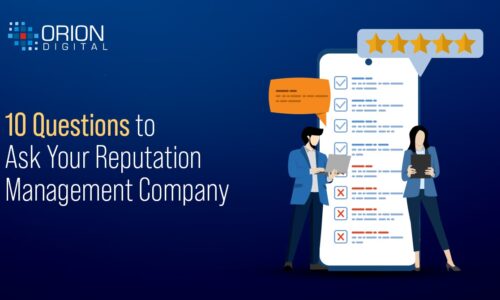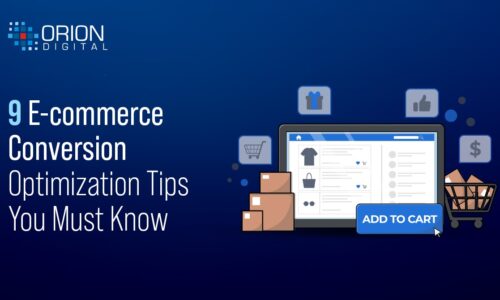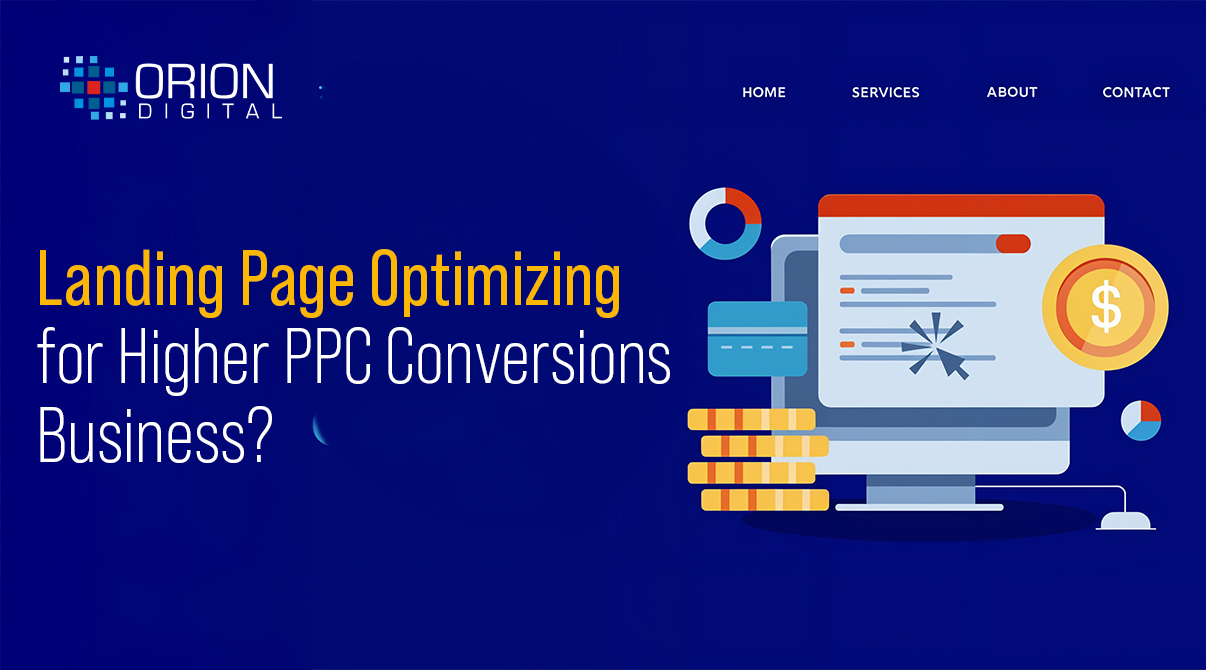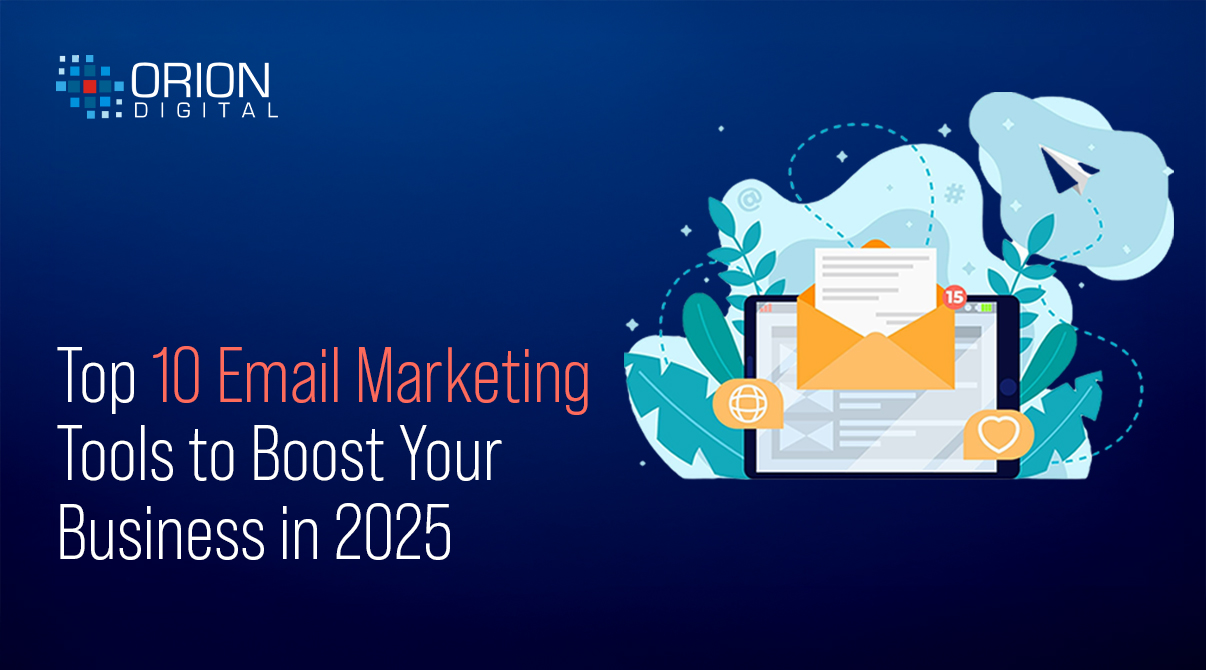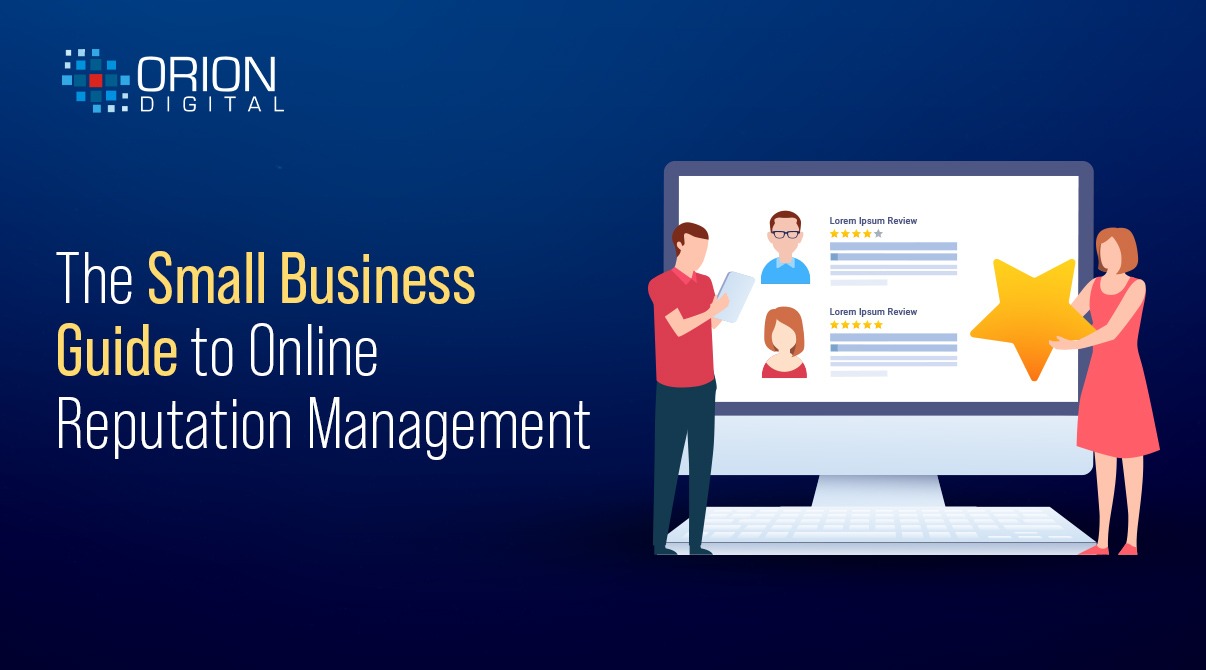
The Small Business Guide to Online Reputation Management
- Naveen N
- November 5, 2024
- Online Reputatipn Management
- online reputation management
- 0 Comments
Digitalisation is at its peak, and thus, it has become more important than ever for businesses to have an established online presence. While an established online presence is important, it proves beneficial only if the business also has a trustworthy reputation in the market. Especially for small businesses, reputation can make or break growth potential.
In today’s digital age where most customers turn to online reviews and social media to assess businesses, maintaining a positive image online is of utmost importance for small businesses trying to establish themselves in the competitive market. This is where ORM or online reputation management comes into the picture. Online reputation management (ORM) isn’t just about damage control; it’s about consistently putting your best foot forward.
Here’s a step-by-step guide to help small business owners get started with ORM and build a strong, positive online presence. However, to begin with, it is important to understand why Online reputation management is important for small businesses.
Understand Why Online Reputation Management Matters
Your online reputation is like a digital business card, one that potential customers check out before making a purchase decision. Negative reviews, unanswered complaints, or low engagement can deter customers and impact your revenue. However, a proactive approach to ORM can do wonders by building trust, credibility, and customer loyalty. For small businesses, where every customer counts, having a strong reputation can set you apart from competitors.
Set Up and Monitor Your Online Presence
The first step to managing your reputation is knowing what’s being said about your business. Start by setting up accounts on major review sites and social media platforms where your customers are most active. Some key steps to get started include:
- Claiming Your Business Listings: Sites like Google My Business, Yelp, and TripAdvisor are popular review sites. Claim your listing so you have control over the information presented.
- Setting Up Google Alerts: Google Alerts will notify you whenever your business is mentioned online, allowing you to keep track of mentions and reviews.
- Regular Social Media Monitoring: Use tools like Hootsuite or Buffer to monitor social media channels for customer comments and feedback.
Monitoring gives you a chance to respond to feedback promptly and allows you to correct any misinformation before it spreads.
Encourage and Respond to Customer Reviews
Customer reviews are essential for building an online reputation, positive feedback attracts new customers, while negative reviews offer insights for improvement. Encourage happy customers to share their experiences on key platforms, such as by including a review link in follow-up emails. Always respond to reviews to show that you value feedback, thanking those who leave positive remarks and addressing any concerns from negative reviews with professionalism. Handling criticism thoughtfully, without defensiveness, demonstrates strong customer service and reassures potential customers of your commitment to their satisfaction.
Build a Consistent Brand Voice
Your brand voice is an essential aspect of your online presence and should be consistent across all channels. Customers are more likely to trust a brand with a strong, professional, and consistent tone. Decide whether your tone will be formal, friendly, or somewhere in between, depending on your target audience. Use similar language and style across all platforms, from social media posts to website content and responses to reviews. People can tell when responses or posts are generic. Customize your responses to each customer to add a personal touch.
Optimize Content for Search Engines
To attract new customers, ensure your business appears in search results through effective SEO, which helps manage your online reputation. Create a blog to showcase expertise and improve SEO, keep your website content accurate and up-to-date, and encourage high-quality backlinks from industry or local sites. Proactive SEO enhances the first impression customers get when searching for your business.
Leverage Social Media to Build Relationships
Social media is key for engaging with your audience and showcasing the human side of your brand. Regularly post content to stay visible, respond to comments to show you value customer input, and share positive testimonials to build trust. Consistent interaction strengthens brand loyalty and boosts your reputation.
Develop a Plan for Crisis Management
Even with a proactive approach, negative situations may arise. A crisis management plan is essential to deal with such instances quickly and effectively. Here’s what to consider:
- Have a Point Person: Designate someone to manage the situation and speak on behalf of the company.
- Act Quickly: Delayed responses can exacerbate issues. Aim to address concerns as soon as they appear.
- Issue Apologies When Needed: If a mistake is made, a sincere apology can help mitigate damage and demonstrate accountability.
Having a plan in place makes it easier to respond in high-pressure situations without sacrificing your brand’s reputation.
Track and Measure Your Reputation Management Efforts
To ensure your reputation management efforts are paying off, establish key performance indicators (KPIs) and track progress. You can measure:
- Review Scores and Sentiment: Are customers leaving positive feedback more often?
- Social Media Engagement: Are customers interacting more on your social platforms?
- Website Traffic and SEO Rankings: Is your business ranking higher on search engines for important keywords?
By regularly analyzing these metrics, you can make data-driven adjustments to your strategies, ensuring your brand’s online presence is strong and growing.
In Conclusion
Online reputation management is essential for small businesses looking to thrive in today’s competitive industry. Thus, it becomes important to proactively manage reviews, monitor social media and optimize the content for search engines that help establish a digital reputation. It is also important to have a crisis management plan to mitigate risks when it is required. Keenly drawing a plan around online reputation management helps with customer loyalty ensuring that they don’t only come back but also bring new customers. Building a great reputation takes time, but a dedicated ORM approach will pay off in increased customer trust, loyalty, and ultimately, business growth.
